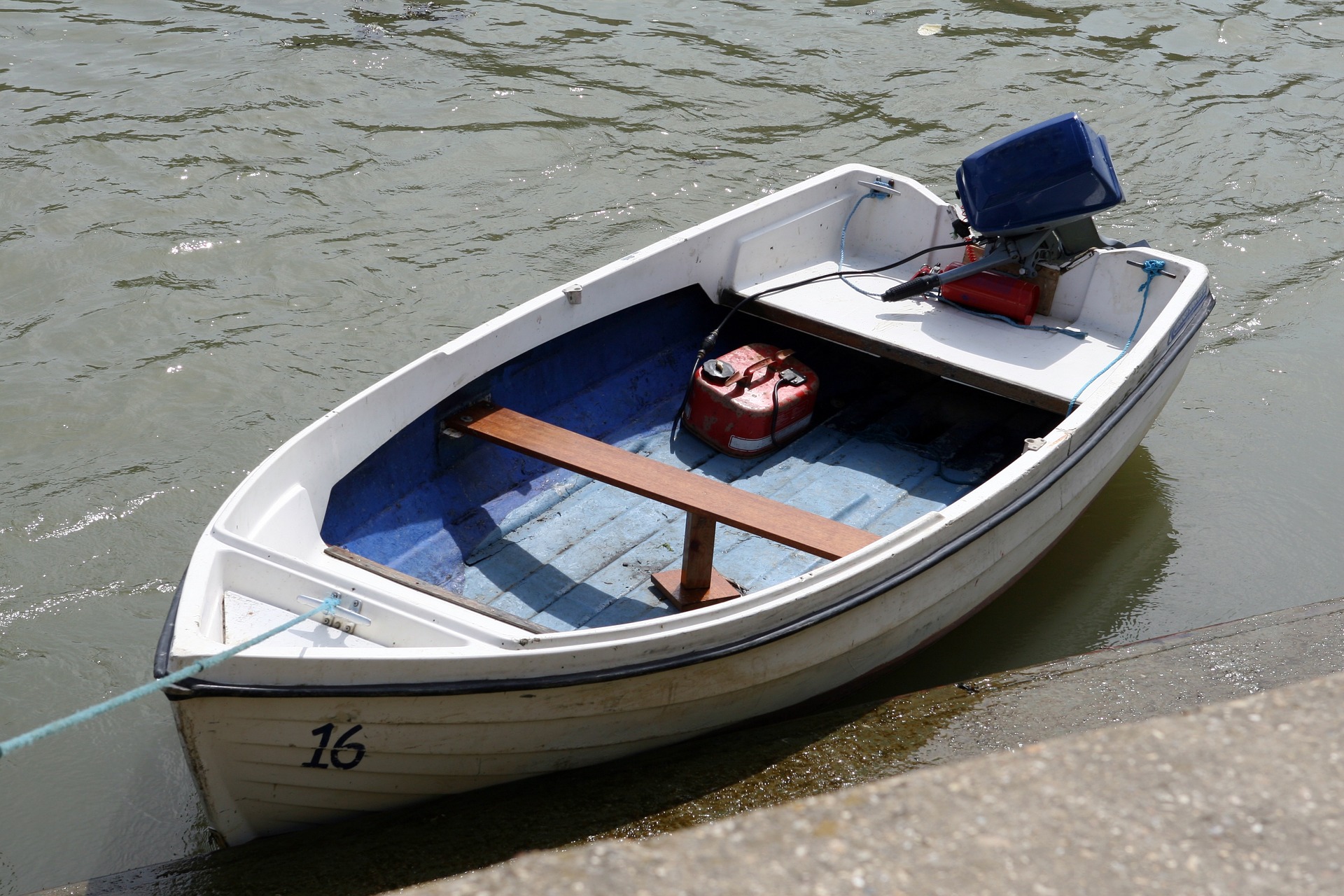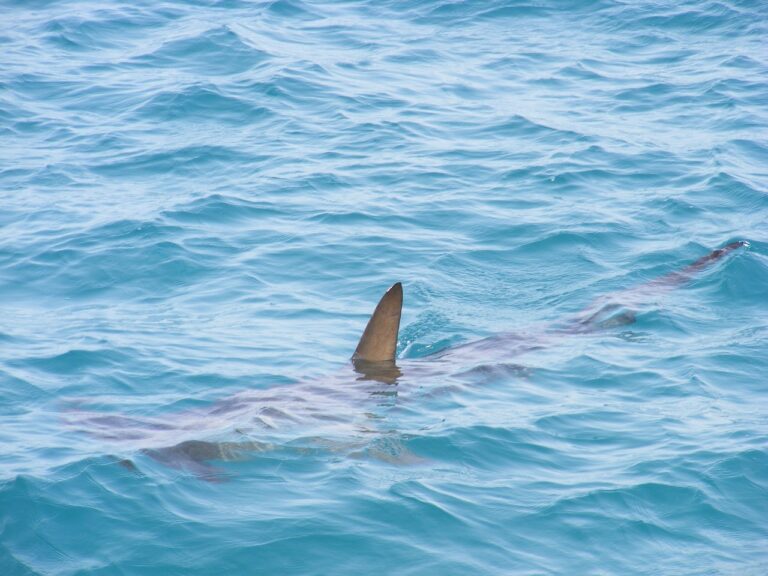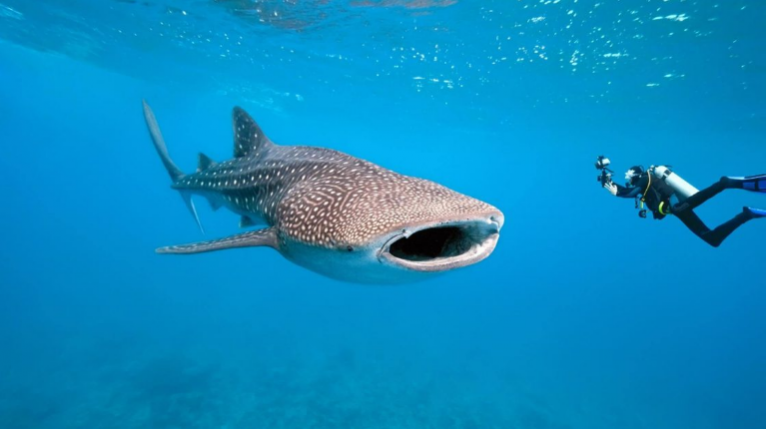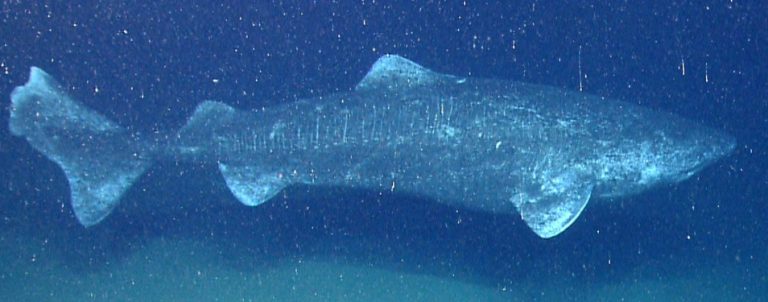How Fast Do Sharks Really Swim?
Just in case you’re planning to out-swim a shark in the water, read on below and find out how fast sharks can swim.

Sharks, no matter the species, typically swim with the graceful movements of an animal completely at ease in its natural environment. It knows that it’s the apex predator: not too many other sea creatures can harm it.
They may move leisurely, accelerate suddenly, or decelerate in an instant. Some species like the thresher sharks can decelerate and change direction in an instant when hunting prey.
But yet you may wonder – how fast can sharks truly swim?
Below we are going to look at the shark swimming speed of various species then compare them with some things we can relate with.
Shark Swimming Speed: The Major Determining Factors
Actually, sharks are built for sudden bursts of speed usually when they attack prey. On land, that’s comparable to the hunting strategy of animals like cheetahs, tigers, lions, and some snakes. That build allows them to lie in wait and ambush, like the wobbegongs, or swim fast enough to chase and catch up with fleeing prey.
Another thing is the environment they have adapted to. It appears that sharks living in icy waters generally swim slower than than those in warmer or temperate waters.
Of course, the size and shape of the species in question also matters here. The slender more streamlined species move many times faster that the larger bulkier sharks.
Which Are The Fastest Sharks?
On the average and across several species, sharks move at about 5 mph or 8 km/h. At leisure, they’ll move around at about 1.5 mph (2.4 km/h).
That may not sound like much but consider the fact that the very best of human swimmers do about 5.4 mph (8.5 km/h) at the most. Even then, to meet up that kind of speed puts you in the category of swimmers like Cesar Cielo, Michael Phelps, Lin Zhang, Mark Spitz, etc. We’re talking Olympic level speeds here.
The fastest shark species can catch up with a small engine-powered boat.
However, most species are motivated to swim many times faster when they spot food. They will attain up to 12 mph or 20 kph while in hunting mode. The only way a human can attain that kind of speed is out of the water and running on land.
So without further ado, the fastest sharks of them all are:
5) The Tiger Shark (Galecerdo Cuvier) can reach approximately 20 mph (32 km/h) swimming speed.
4) The Blue Shark (Prionace Glauca) has been been observed at a maximum speed of 24.5 mph (39.4 kph).
3) The Bull Shark (Carcahrhinus Leucas) can attain 25 mph (40.2 km/h).
2) The Great White Shark (Carcharodon Carcharias)
The Great White Shark also reaches 25 mph (40 km/h) though unconfirmed reports indicate it will reach up to 35 mph (56 km/h) in pursuit of prey. That’s about 9 times faster or more than your average, everyday human swimmer.

1) The Shortfin Mako (Isurus Oxyrinchus)
The undisputed speed demon of the seas is the Shortfin Mako. This fish is a very determined, fast and furious adversary: it will swim, jump and even leap up to 20 feet in the air out of the water.
And it will do this at speeds reaching circa 31 mph (50 km/h)! That’s about the speed of a small engine-powered boat.
Interestingly, in a study carried out in New Zealand, researchers claim a juvenile mako accelerated from a stationary position to 100 feet in two seconds flat. Meaning it was going at over 60 mph at the time.
Because of this kind of propulsion, shortfin makos can catch some faster fish including swordfish and sailfish. The swordfish, for instance, can reach 60 mph (97 km/h) when leaping.
How Are They Able To Move So Fast?
The fastest ones like the shortfin mako and great white can conserve metabolic heat. They can keep warmer than the slower sharks and they’re not completely cold-blooded. Researchers believe this helps their swimming speed since some of the slowest sharks also live in very cold waters.
That’s understandable when you consider sharks like the Greenland Shark that swims at a leisurely 0.76 mph (1.22 km/h) with a maximum speed of just 1.6 mph (2.6 km/h). This shark lives in Arctic waters of 2 °C and below.
Another one is the Megamouth Shark that moves at 0.93 mph (1.5 km/h) and attains a maximum speed of 1.30 mph (2.1 km/h).
Luckily for us humans, sharks don’t have that much interest in chasing us, so we can still get to enjoy the waters, with some precautions, of course.







Thank God sharks don’t have that much interest in chasing us!